11
2024-11
China launches new group of remote-sensing satellites
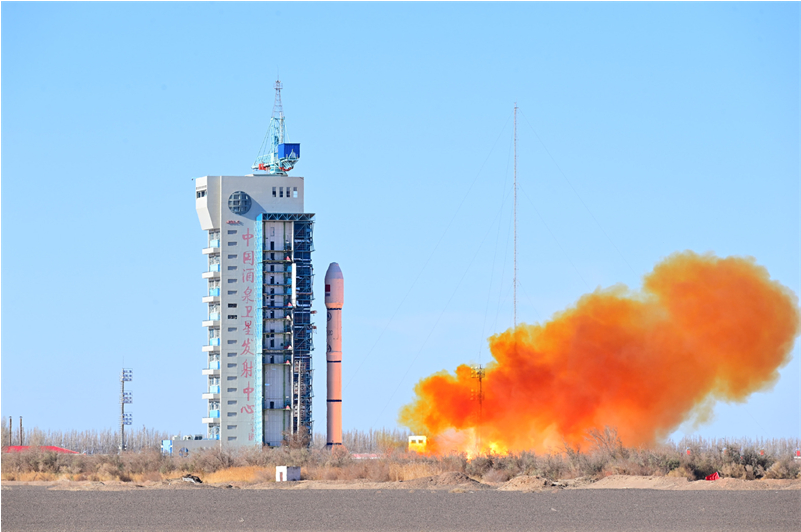
A Long March-2C carrier rocket carrying four remote-sensing satellites of PIESAT-2 blasts off from the Jiuquan Satellite Launch Center in northwest China, Nov. 9, 2024. China successfully sent a new group of remote-sensing satellites into space from the Jiuquan Satellite Launch Center in northwest China on Saturday. The four satellites of PIESAT-2 were launched at 11:39 a.m. (Beijing Time) by a Long March-2C carrier rocket and entered its planned orbit successfully. [Photo/Xinhua]
JIUQUAN, Nov. 9 -- China successfully sent a new group of remote-sensing satellites into space from the Jiuquan Satellite Launch Center in northwest China on Saturday.
The four satellites of PIESAT-2 were launched at 11:39 a.m. (Beijing Time) by a Long March-2C carrier rocket and entered its planned orbit successfully.
They will mainly provide commercial remote-sensing data services.
The launch was the 544th flight mission of the Long March carrier rocket series.
In March 2023, China launched PIESAT-1 or Hongtu-1, a wheel-like formation of four satellites, the first formation of its kind in the world. They later successfully obtained high-precision terrain mapping data products using the multi-baseline interferometric synthetic aperture radar (InSAR) technology, marking China's first in-orbit application of such a mapping system.
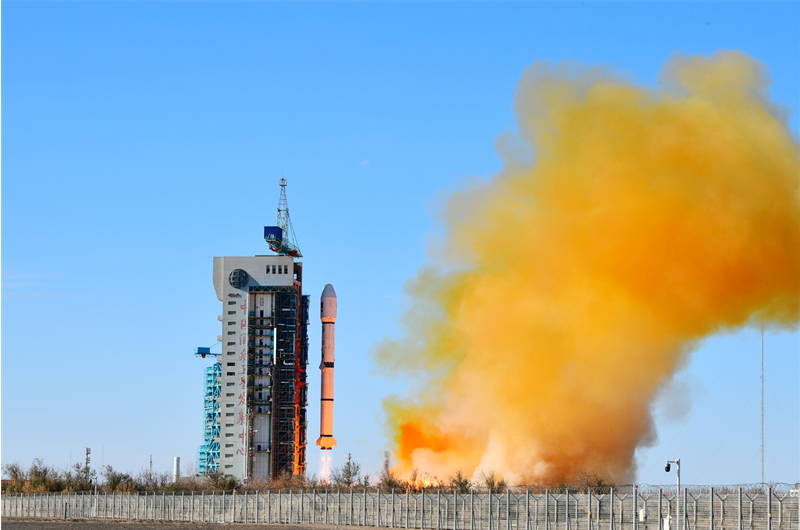
A Long March-2C carrier rocket carrying four remote-sensing satellites of PIESAT-2 blasts off from the Jiuquan Satellite Launch Center in northwest China, Nov. 9, 2024. [Photo/Xinhua]
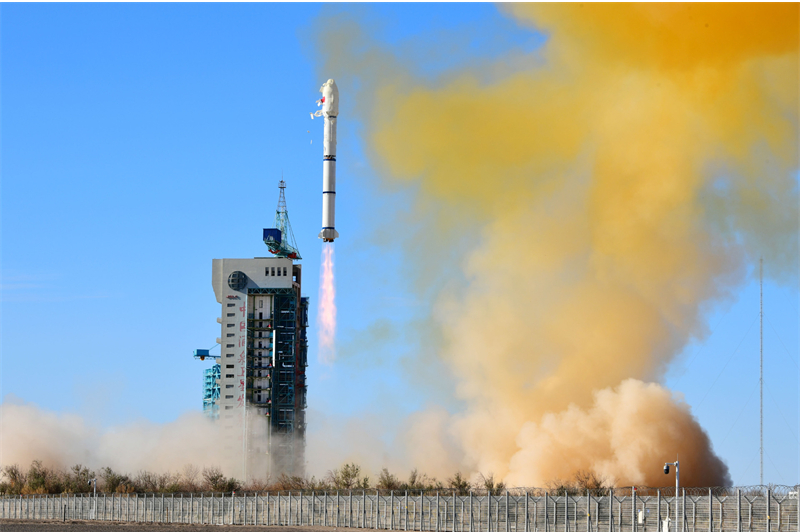
A Long March-2C carrier rocket carrying four remote-sensing satellites of PIESAT-2 blasts off from the Jiuquan Satellite Launch Center in northwest China, Nov. 9, 2024. [Photo/Xinhua]
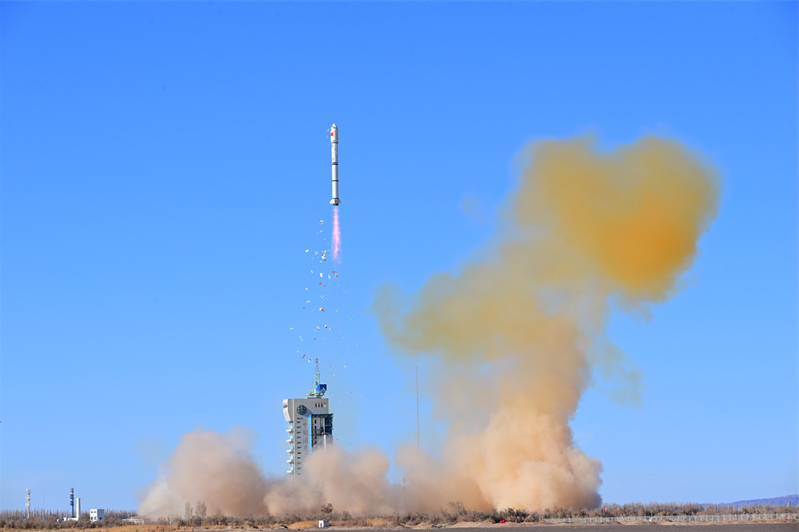
A Long March-2C carrier rocket carrying four remote-sensing satellites of PIESAT-2 blasts off from the Jiuquan Satellite Launch Center in northwest China, Nov. 9, 2024. [Photo/Xinhua]
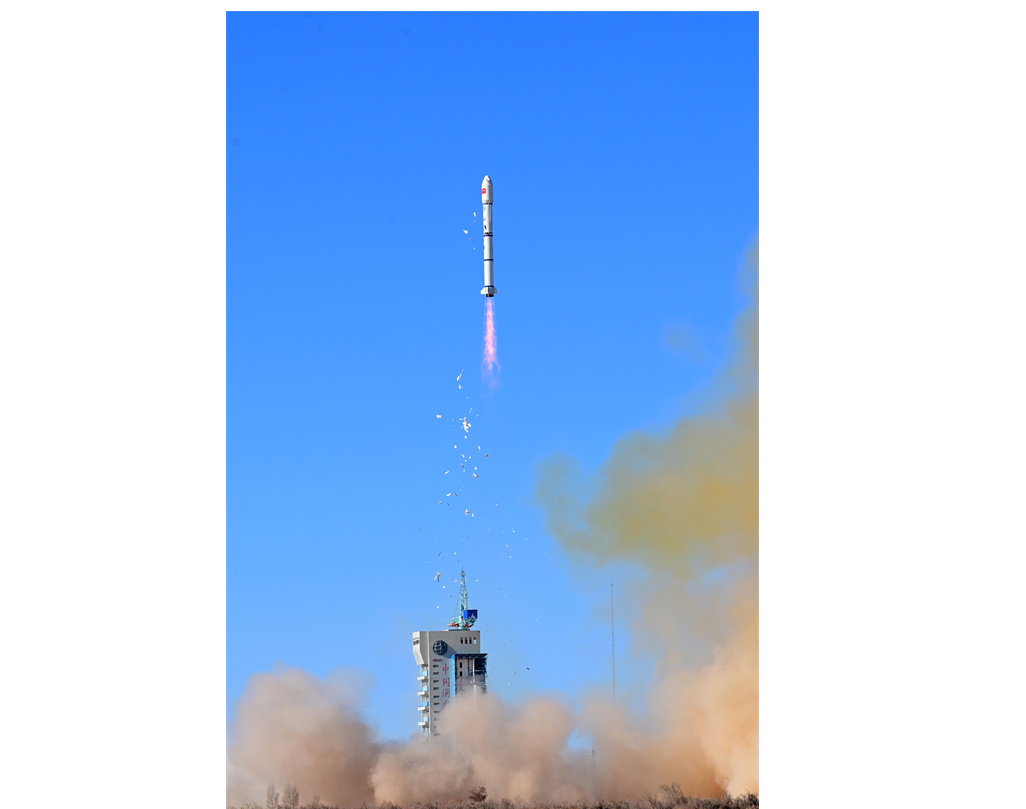
A Long March-2C carrier rocket carrying four remote-sensing satellites of PIESAT-2 blasts off from the Jiuquan Satellite Launch Center in northwest China, Nov. 9, 2024. [Photo/Xinhua]
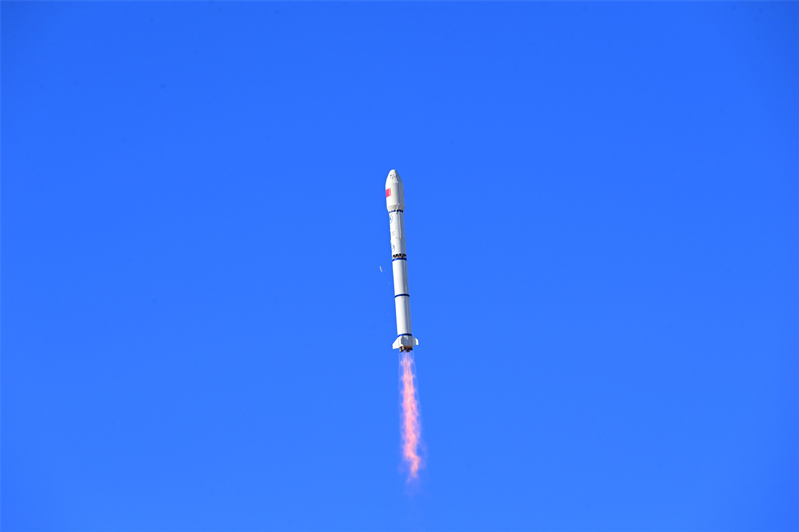
A Long March-2C carrier rocket carrying four remote-sensing satellites of PIESAT-2 blasts off from the Jiuquan Satellite Launch Center in northwest China, Nov. 9, 2024. [Photo/Xinhua]
-
29
2025-05
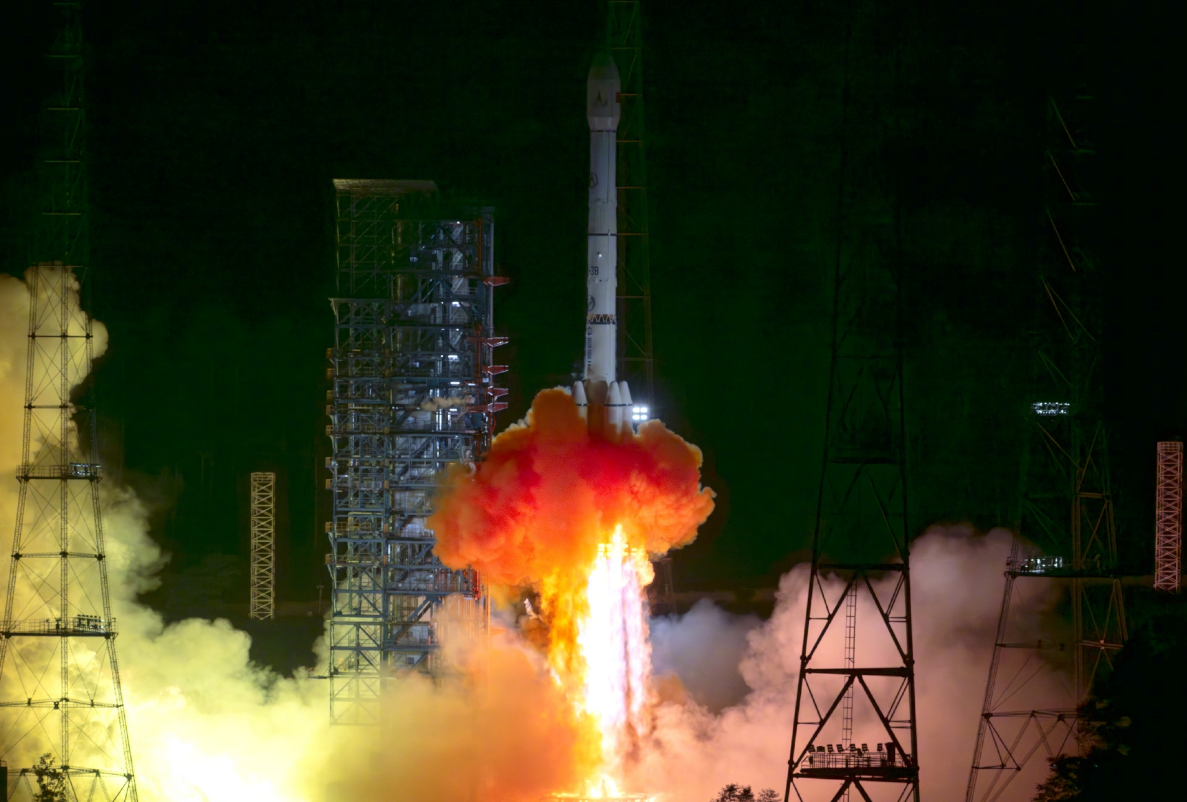
Tianwen-2 Mission Launched Successfully
At 1:31 AM today, China successfully launched the Tianwen-2 planetary exploration probe from the Xichang Satellite Launch Center using the Long March-3B Y110 carrier rocket.
-
13
2025-05
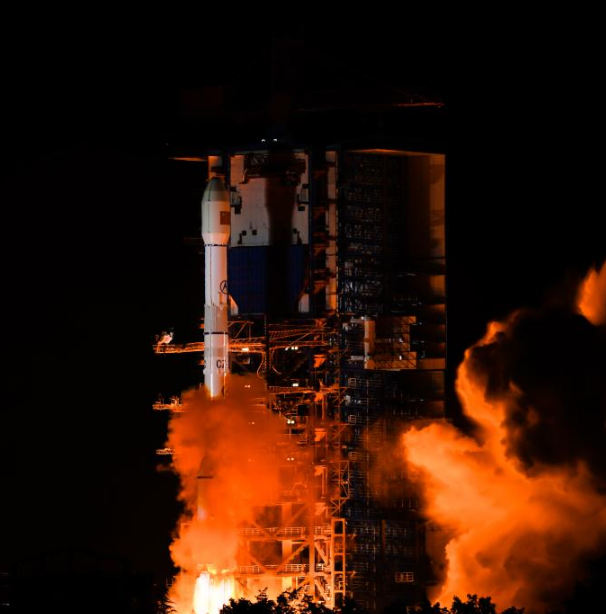
Communication Technology Experiment Satellite No. 19 Successfully Launched
At 2:09 on May 13, China successfully launched the Communication Technology Experiment Satellite No. 19 from the Xichang Satellite Launch Center using a Long March 3B carrier rocket. The satellite smoothly entered its predetermined orbit, and the launch mission was a complete success.
-
12
2025-05
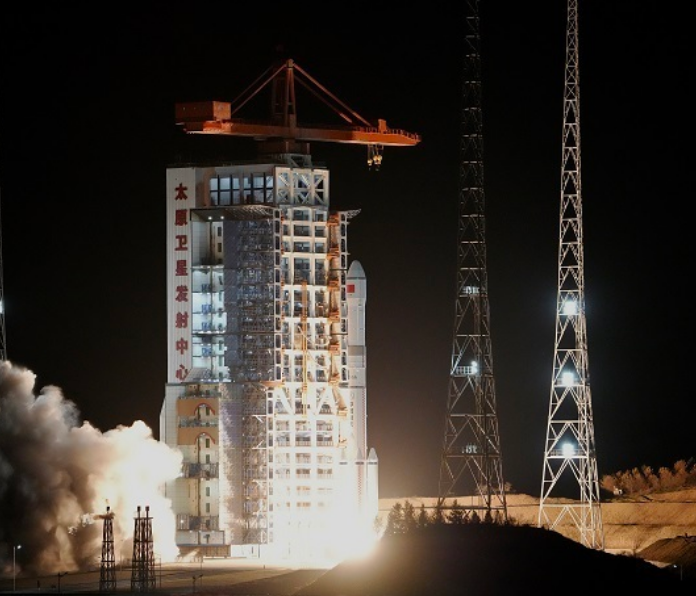
Remote Sensing Satellite No. 40, Group 02, Successfully Launched
On May 11 at 21:27, China successfully launched the Remote Sensing Satellite No. 40, Group 02, from the Taiyuan Satellite Launch Center using a Long March 6A carrier rocket. The satellite entered its predetermined orbit smoothly, and the launch mission was a complete success.









